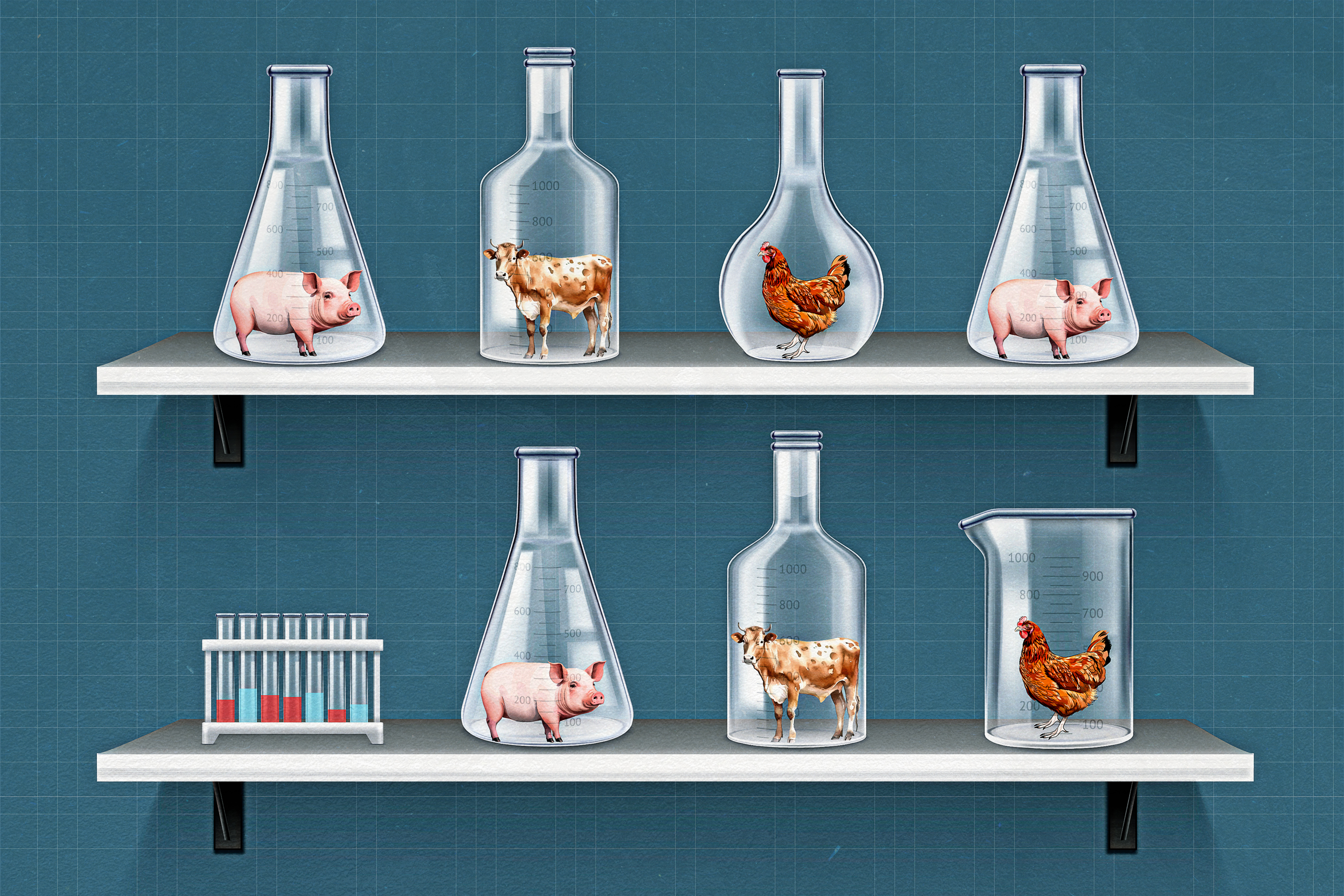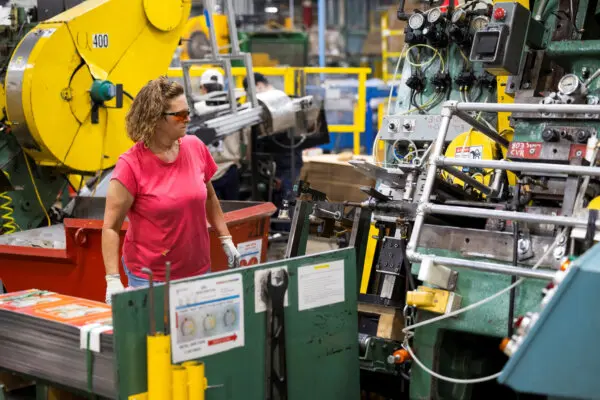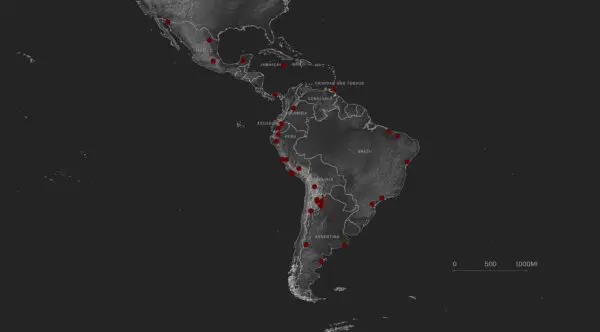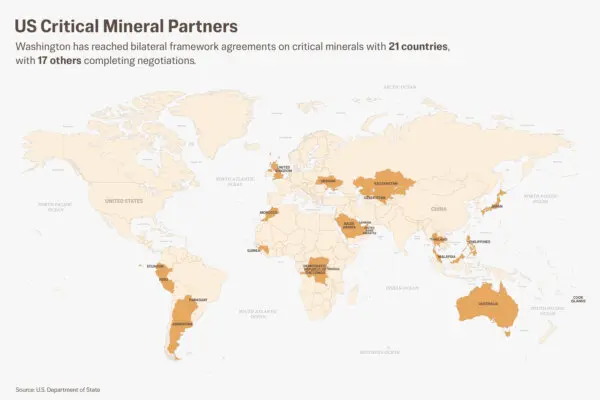In an effort to protect its farming industry, its economy, and the health of its citizens, Italy recently became the first country to officially ban cultivated meat.
Cultivated meat, also known as lab-grown meat, is created in a lab through a five-step process in which stem cells from an animal are replicated and grown in a series of bioreactors before being blended with additives to create a more realistic texture. The meat cells are then drained in a centrifuge, formed, and packaged for distribution, according to consulting firm McKinsey & Company.










